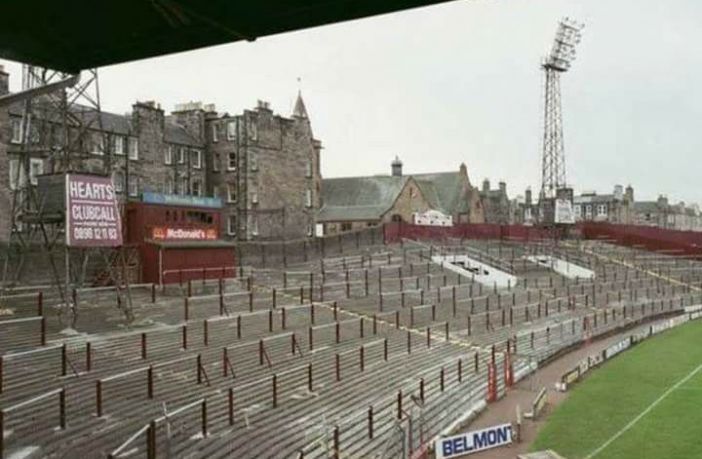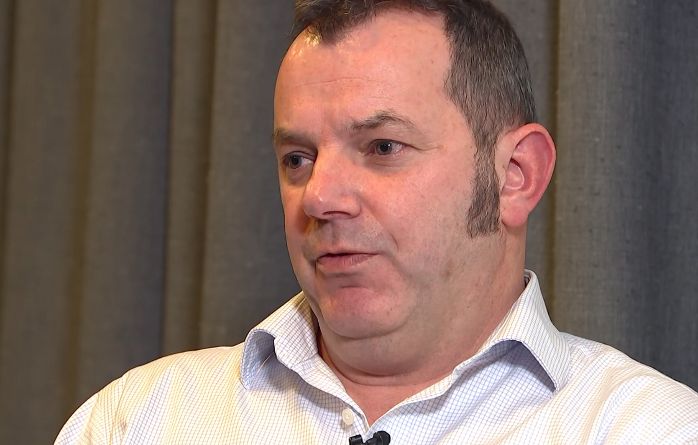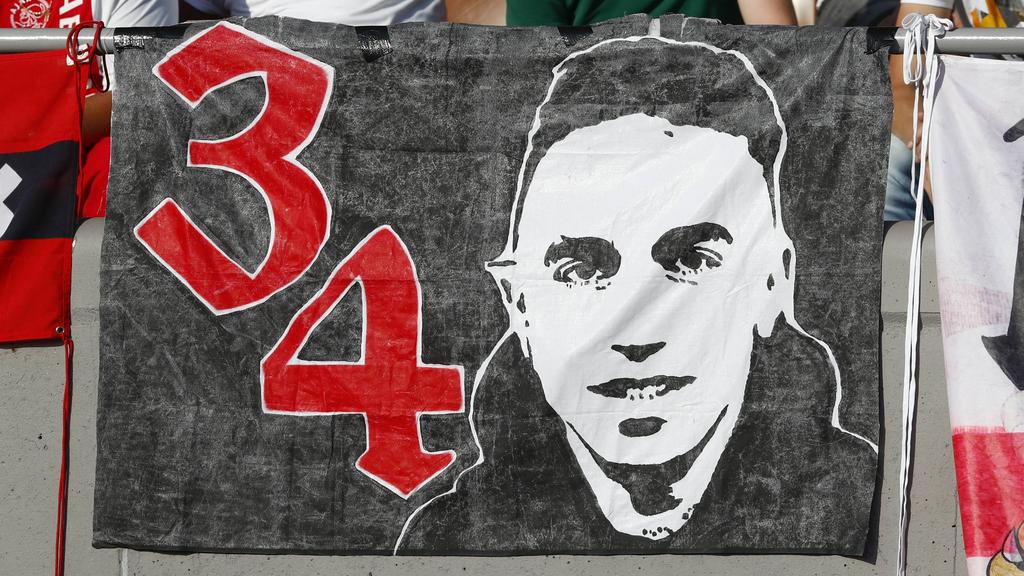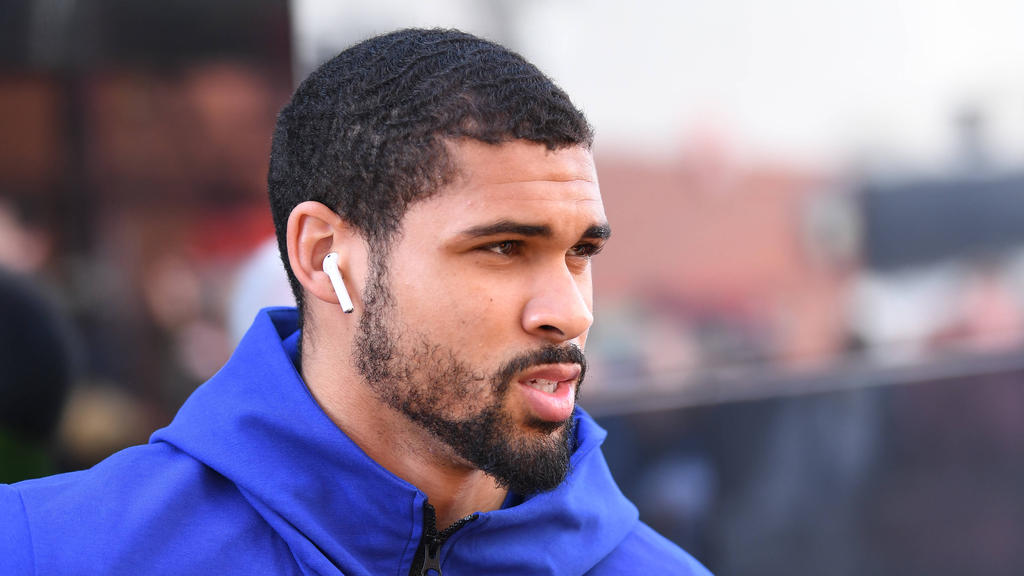
IT’S rare that you can say that a team which finishes in seventh place could and should have won the league — especially when there are just 12 teams.
However, this applied to Cork City in the 1994-95 Premier Division, a real season of two halves. In the first 16 league games, City won 10, drew three and lost three to top the table, but 11 of the remaining 17 matches were lost.
The pivotal moment was the resignation of Damien Richardson after a 3-2 loss to Sligo Rovers in December 1994, but it was a confluence of events that led the drastic step.
For one thing, the game at The Showgrounds took place on a Saturday night, despite Richardson having requested a Sunday afternoon kick-off as clubs did not have to travel more than 170 miles for night games if they so wished. Going against their own rulebook, the FAI claimed to have consulted legal advice and the game went ahead on the Saturday.
City lost 3-2 after leading 2-0 inside 27 minutes, their second loss in four days after a 1-0 defeat to Shelbourne at Bishopstown. They were still top of the table, but it had become too much for Richardson.
“It was becoming increasingly difficult,” he said.
“Money was drying up at a time when we needed proper investment and the stand I made was make-or-break, either the team was going to be properly respected or I was wasting my time.
“The fact that we hadn’t been supported in our stance was the final straw. I felt that the priorities of the club were not the team, the players or the supporters.”
Money was in short supply. Richardson, effectively operating with a squad of 14 first-team players, wanted chairman Pat O’Donovan to provide investment, but it was not forthcoming.
In fact, some players could not be reimbursed for the loss of earnings from their normal jobs. Goalkeeper Phil Harrington didn’t travel to Sligo because of a dispute while Tommy Gaynor had missed the Shels match for the same reason, claiming that he had not been compensated for missing work when City met Slavia Prague in the UEFA Cup in August.
Gaynor’s week nicely illustrates the change in fortunes. Scorer of two fine goals in a 3-1 win over St Patrick’s Athletic on December 10, he was absent for the Shels match and then in Sligo he was forced to go in goal after Alek Ludzik — in for Harrington — was sent off when City led the game 2-1.
The victory over Pat’s — played at Turner’s Cross as Bishopstown was suffering from drainage problems, so serious the FAI were threatening not to allow the club to use it for 1995-96 — left City three points clear. It could be argued that the side that started that day was as strong as the one that won the league in 1993.
Stephen Napier had shifted from left-back to form a formidable central defensive pairing with Fergus O’Donoghue, allowing Gareth Cronin to come in on the left with Declan Daly in super form on the right.
Gaynor and Billy Woods were the wide midfielders while Dave Barry and Liam Murphy complemented each other in the middle and up front Pat Morley and John Caulfield were their usual selves. That he didn’t get the chance to continue working with such a talented team was hugely saddening for the manager.
“It was an immense regret,” Richardson said. “The potential was enormous, it was a group of very talented individuals who had a terrific love of the club and I think it was the best unit around at the time. There was a tremendous determination to bounce back after losing to Shamrock Rovers the previous season.”
The Sligo game was almost a microcosm of the whole season — a great start and a poor finish. Morley had put City ahead inside 47 seconds and Caulfield doubled the lead, but Sligo pulled one back through Johnny Kenny before half-time.
Five minutes into the second half, Ludzik was red-carded for what was deemed to be a professional foul on Eddie Annand. The striker put his penalty past Gaynor and Mike Small completed the turnaround.
City were still top, but it didn’t make a difference to Richardson, who would say on the Monday that “There has not been a happy situation all-round at the club for some time. My decision to quit has not been taken lightly, but it’s fair to say that it’s a combination of things that have brought it to a head.”
Having rung O’Donovan after the final whistle to inform his of his departure, Richardson told the players and, despite Daly leading a delegation asking him to reconsider when the bus stopped at Ballyhaunis, he could not be persuaded to change his mind.
The story of his resignation was broken by Noel Spillane in The Cork Examiner on Monday morning and for the next few days the saga played out in the media. In the midst of it all, there was a lunch in honour of Billy Woods winning the Jurys Sportstar of the Month award, with Richardson, O’Donovan, and various other directors all present.
Despite the situation, there was no tension according to Richardson, who acknowledges O’Donovan’s qualities.
“He was an exceptionally talented man,” he said, “one of the smartest operators I’ve come across in football.
“He could charm the birds out of the trees, but it ended up that his priorities were financial whereas mine were purely footballing.
“As the representative of the team and the fans in the boardroom, I found myself in a difficult situation and when it became an impossible situation I had to go.”
Richardson’s predecessor Noel O’Mahony came in as a short-term replacement, but while the League Cup was won over Dundalk, in the league City went into freefall, their seventh-placed finish the lowest since 1988-89.
The story did eventually have a happy ending for Richardson, however, as he returned to Cork City for the 2005 season, winning the league at his first attempt.
“It’s a funny thing that were coincidences with 2005 and 1994-95,” he said.
“The season I left, we had been trying to go one better and it was that way too in 2005, as Shelbourne had just beaten Cork City to the league. The team had been well-developed by Dave Barry, Liam Murphy and Pat Dolan, the same way Noel O’Mahony had done a lot of work before I came in in 1993.
“The common factor was the character of the individuals, something that’s present in any successful Cork team in any code, it’s the golden thread that binds it all together.
“Brian Lennox had instilled that in the club, that ‘Corkness’, and we went on to win the league. Everything was going in the same direction, whereas there was a disunity in 1994, which was a pity.”





















